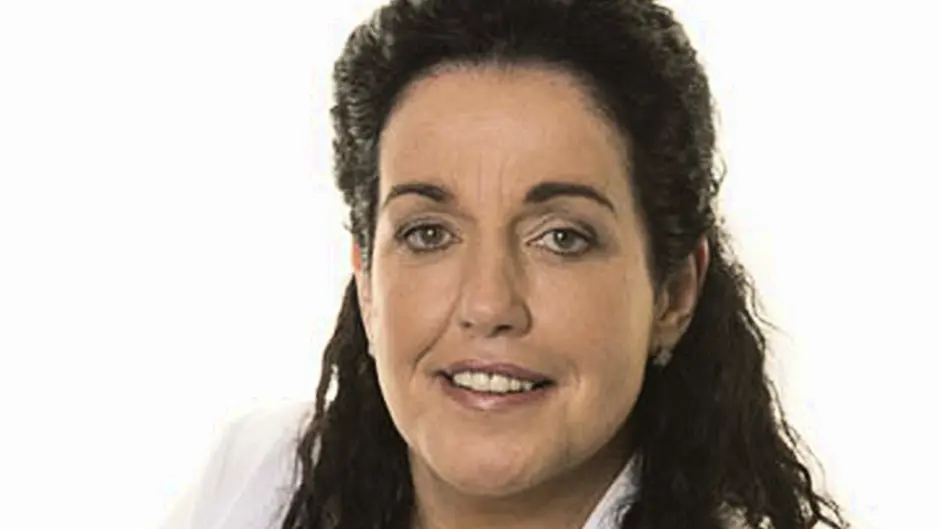Cork South West Fianna Fáil TD Margaret Murphy O'Mahony has said the reason she voted against the Bill which would allow the public decide on the future of the 8th Amendment was because she ‘didn't agree in giving legislators a sa
CORK South West Fianna Fáil TD Margaret Murphy O’Mahony has said the reason she voted against the Bill which would allow the public decide on the future of the 8th Amendment was because she ‘didn’t agree in giving legislators a say in it’, in the future.
‘As I’ve stated here before, I’m pro-life and ironically people may think that I was stopping people from having a say, but in essence I was trying to make sure they would have a say in the future,’ Deputy Murphy O’Mahony told The Southern Star. ‘I had spoken to some of the liberal TDs who I saw as being pro-choice, and some said they wouldn’t stop at 12 weeks, so red flags were raised there, and I was very perturbed by the mention of 30 weeks.’
Deputy Murphy O’Mahony also added that she had problems with the Citizens Assembly in that some counties were left out of the process.
‘I just wasn’t happy with the whole process, as there were about 11 counties left out of it,’ she said.
Deputy Murphy O’Mahony added that while she is pro-life, she is not preaching to anybody, and that she has received backing from the majority of her constituents.
‘My pro-life choice hasn’t changed since this debate started, and I’m going with my own heart and conscience. I have been all for allowing people to have an informed say on it,’ added Deputy Murphy O’Mahony.
‘All sides need to be commended, too, for having mutual respect of opinions here, and it’s important to realise that everyone has come on a journey to come to their choice on this.’
Meanwhile, Deputy Murphy O’Mahony said she is thrilled at being re-appointed to the Fianna Fáil front bench, as spokesperson on disability, by FF leader, Micheál Martin, earlier this week.
‘I want to thank Micheál for entrusting me with this responsibility. People with disabilities in this country get a very raw deal from the Government,’ she said.
‘They are more likely to be living in poverty and they and their families struggle every day to get access to the services and supports they need and deserve.’









